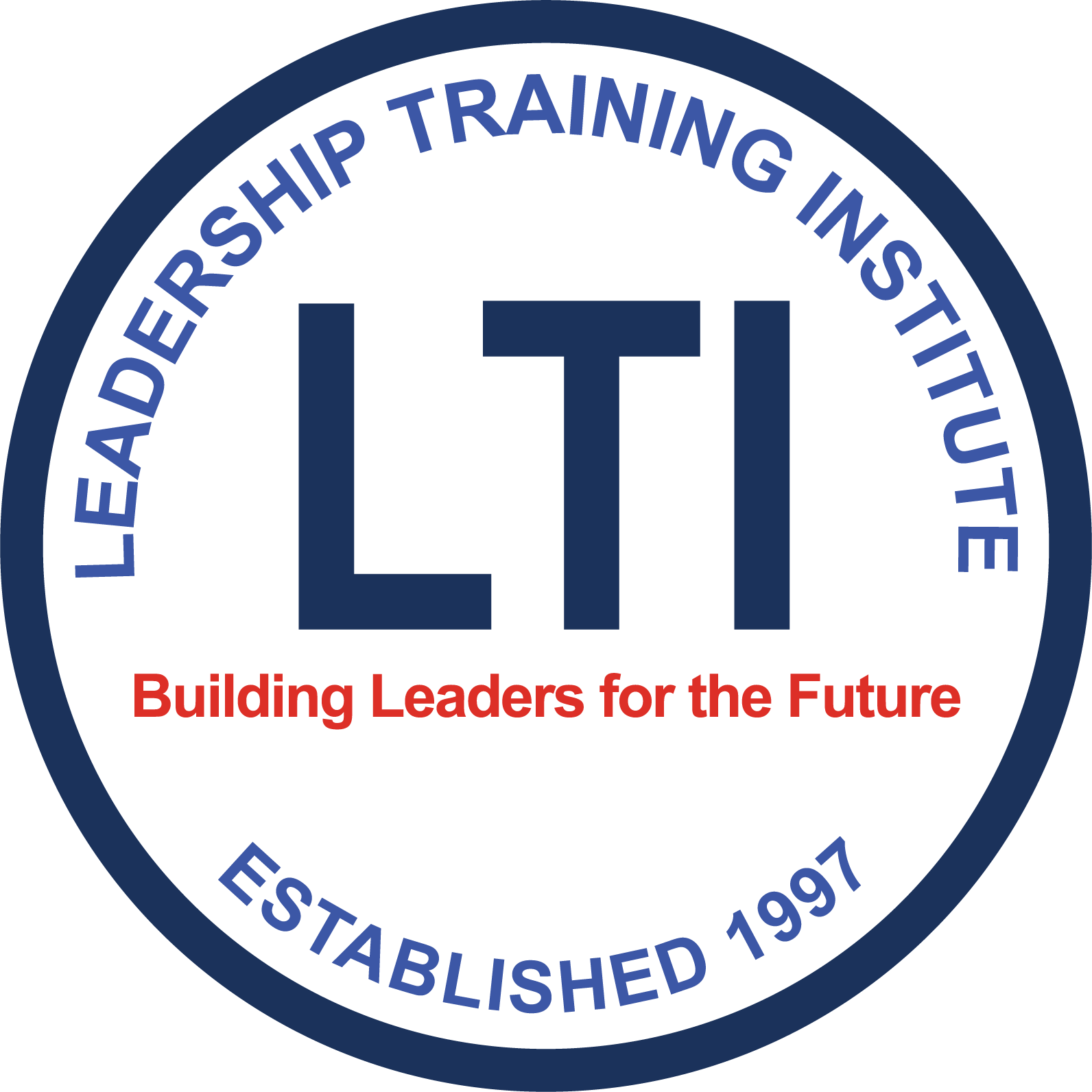ABOUT THE LTI
Since 1997, CAI has overseen and administered the Leadership Training Institute (LTI) in collaboration with the New York State Department of Health, the AIDS Institute, and the New York City Department of Health and Mental Hygiene. The continually evolving project fosters the development of knowledge, skills, and self-efficacy among people who are living with HIV or Hepatitis C (treated or cured), using PrEP, and accessing harm-reduction services, or returning to the community after incarceration, under our newest track, criminal justice, to manage their health.
To date, the LTI has trained and graduated more than 3,500 participants across all 62 counties in New York State.
CAI’s leadership and programming team has used an ever-evolving approach, with the LTI’s capacity-building strategies keeping pace with the latest trends and issues in HIV, Hepatitis C, harm reduction, and PrEP. There are three distinct eras of the LTI’s history.
1997 - 2007
CAI began administering the LTI in 1997. At that time, the goal of the project was to address disparities faced by communities of color that impacted their HIV treatment outcomes and AIDS-related mortality rates. In this initial era, CAI addressed these challenges by providing core training that provided people living with HIV/AIDS (PLWHA) with the knowledge and skills to influence policy, funding, and research. This initial curriculum was developed through a community-driven process that allowed PLWHA to identify priority issues, including training and capacity-building on empowerment, and community and political engagement.
2007 - 2013
In 2007, the LTI evolved to meet the changing needs of PLWHA, who were living longer and healthier lives. During this era, the LTI focused on building the capacity of PLWHA to self-manage their HIV infection as a chronic condition. It was at this time the LTI introduced its signature six-month peer-mentorship program that trains HIV-positive LTI graduates (selected by LTI administrators and trainers) to serve as mentors for new participants. LTI mentors support trainees and hold them accountable in their efforts to adhere to medication and remain engaged in care. During this period, the LTI also developed supplementary curricula for youth ages 18 - 24 and PLWHA who are incarcerated and have less than a year until their release back into the community.
2013 - today
In response to emerging evidence that PLWHA receiving timely HIV treatment could expect to live the average lifespan of an HIV-negative person, and that gainful employment positively impacted mental health and well-being, the LTI continued to evolve.
Currently, the LTI supports the long-term employability of all participants with a specific focus on financial and economic self-sufficiency by operating as a component of the AIDS Institute certification process that enables graduates to become eligible for employment in peer-based programs. The curriculum for this third era of the LTI, referred to as the Foundational Training Series, supports training in relevant topics that address self-management of chronic conditions, HIV, Hepatitis C (treated or cured), harm reduction, and PrEP, or returning to the community after incarceration, under our newest track, criminal justice, with an emphasis on transitioning from peer to employee.
The LTI also continues to support graduates in other post LTI job pursuits through its statewide peer mentoring program.
Read about our current course offerings, our Mentor Program and our Peer Worker Program.
